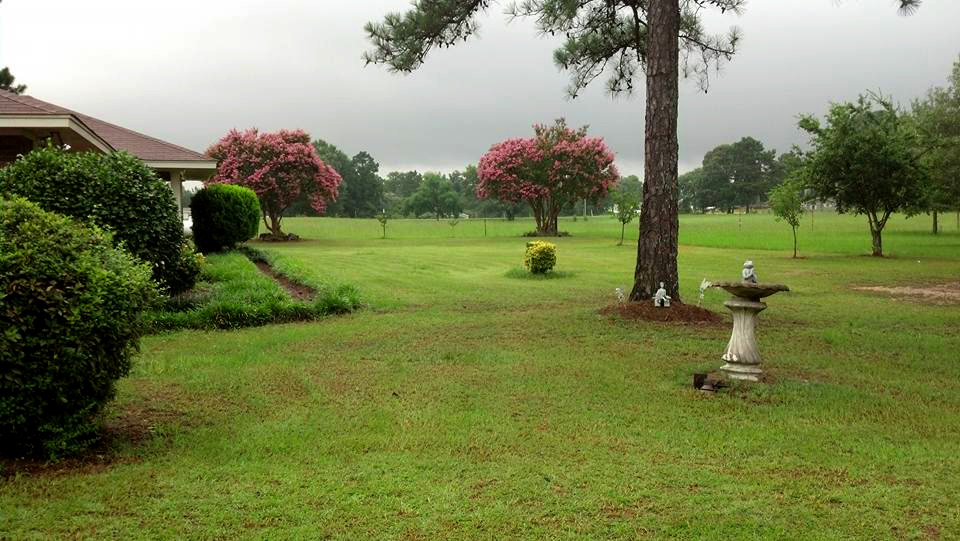White City
What was once a thriving and bustling commercial center is now a quiet rural community scattered over several miles in North Autauga County. White City was formerly named White Pond by the Indians who lived in the area because there was a very large pond of water surrounded by white sandy soil. The Indians camped around the pond and raced their horses around its banks. The place was also referred to by some as White Springs. As the settlement grew, the name was changed to White City.
Some of the early settlers were the Carwiles, the Hartleys who came from Virginia in 1820, the Floyds, the Lewises and the Jennings. Other old families include the Strocks and the Davis and Ellington families. Also there were the Cox and Strange families and others. Many of these families settled near a stream of water originally called Pearl Creek. This stream fed into Autauga Creek and eventually it took on the same name.
There were several black families who lived in or around White City. The DeRamuses, Tobe and Wilson, was one of the more well known black families. Another black man of some renown was Jim DeRamus, an excellent fiddler who came to be known as Fiddler Jim. At the end of the Civil War some black families were given land in the community of Lily Hill. Among these families were the Coopers, Myricks, Grahams, Rays, Grissoms and Postells. These former slaves assumed the surnames of their former owners.
Perhaps the greatest impact on the community of White City was the Marbury Lumber Company. Dave Marbury was a businessman from Birmingham who organized the company and had his headquarters in the town of Marbury. He extended his operation to White Pond, buying timber and hauling it to Marbury. He constructed a logging railroad for this purpose, which also carried baled cotton to connect with other trains to carry the product to market.
At one time there were two hotels in White City. The first was called the Stage Coach Inn, and the second was the Marbury Lumber Company Hotel. The latter was a large two-story building of Georgian architecture. These hotels served as rest stops for travelers riding through on the stage coach and for those businessmen associated with the lumber company. Both buildings have since burned and no longer exist.

